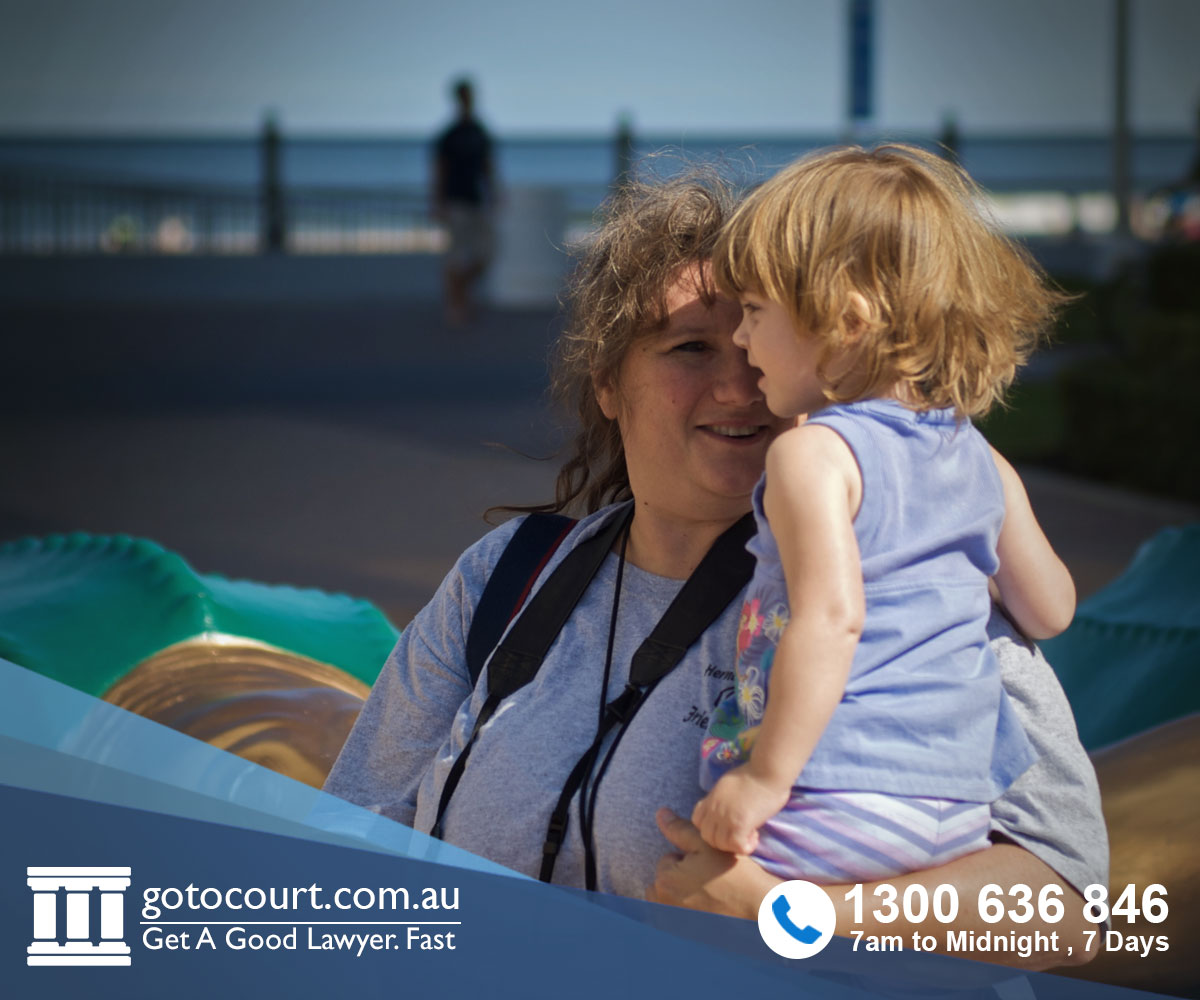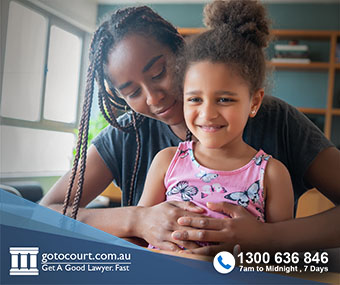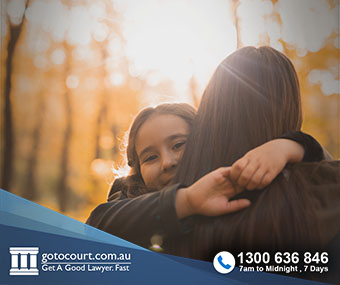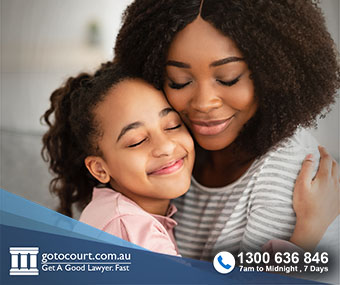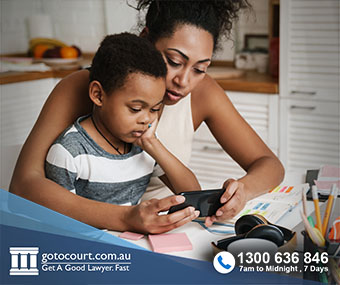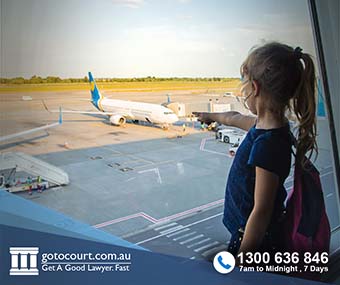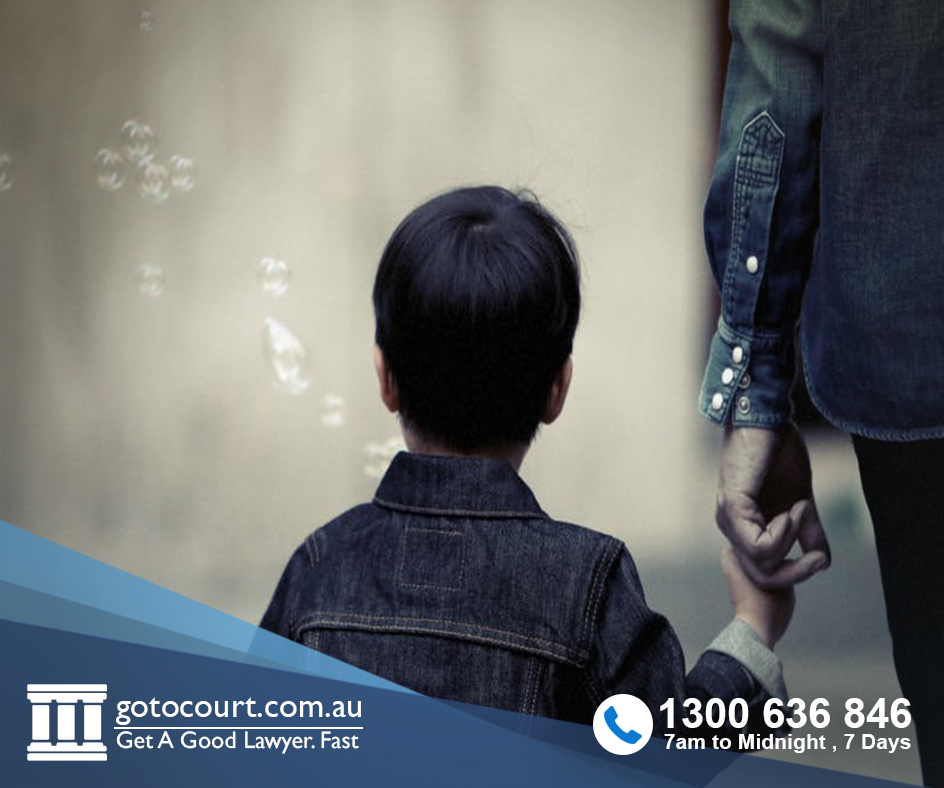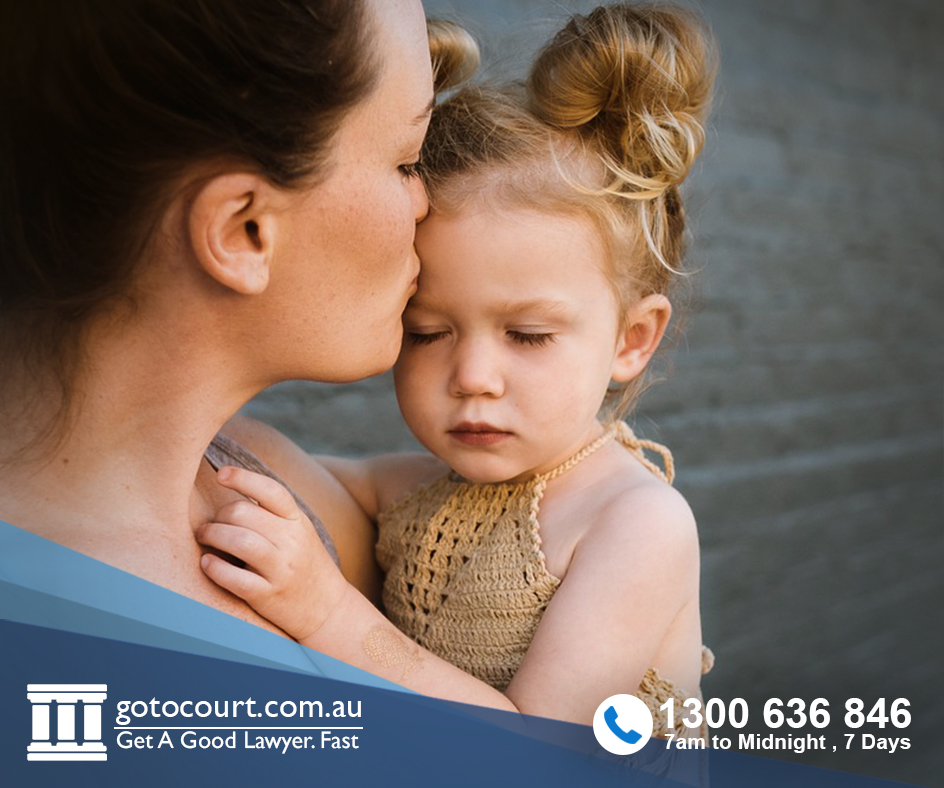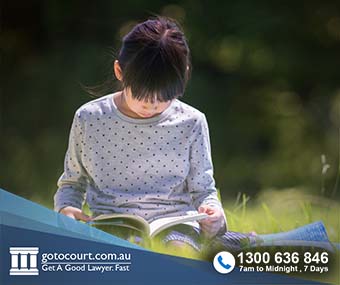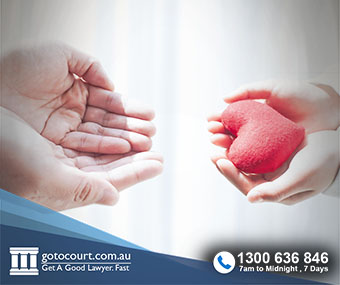Surrogacy in Victoria
Surrogacy in Victoria
The legal framework for surrogacy in Victoria provides that individuals or couples may engage a surrogate to carry a pregnancy if they are otherwise not be able to have children. Surrogacy comes under the umbrella of Assisted Reproductive Treatment (‘ART’) together with IVF and donor treatments.
Surrogacy in Victoria is regulated by the Assisted Reproductive Treatment Act 2008, which outlines the responsibilities of both the ‘commissioning’ parent or parents (the person or persons who wish to have the child) and the ‘surrogate’ (the woman who carries the child for the commissioner).
A surrogacy arrangement in Victoria is defined as an agreement whereby a woman agrees with another person or persons to attempt to become pregnant with the understanding that the child born will be treated as the child of that second person or persons, and not the child of the woman who carried the pregnancy.
Traditional v gestational surrogacy
The Victorian legislation largely regulates ‘gestational surrogacy’, which is undertaken with the assistance of a registered ART clinic. This type of surrogacy takes place when the surrogate mother has no genetic link to the child, and the guidelines outlined below are largely in respect to these types of arrangements.
‘Traditional surrogacy’, which account for approximately 10% of surrogate births in Australia, occurs when a surrogate mother also donates her eggs. These arrangements largely fall outside of the legislative frameworks. ART clinics are prohibited from carrying out treatments in these types of arrangement, but parties are still at liberty to apply for parentage orders provided they comply with the legislative requirements (as outlined below at ‘Parentage’).
Commissioning a surrogate
A person or persons may enter into a gestational surrogacy arrangement if they are unlikely to become pregnant, unable to carry a pregnancy or unable to give birth. If the commissioning person is a woman, they are also able to enter an arrangement if pregnancy would likely place her, or the child’s life or health at risk. Individual men and women, as well as couples (different-sex or same-sex) are able to commission a surrogate.
Like in all other states and territories in Australia (except NT where no surrogacy-specific legislation is currently in place), the Victorian legislation permits only ‘altruistic’ surrogacy in Victoria. Surrogates can only be compensated for reasonable health-related expenses and are prohibited from receiving any material benefit or advantage from the arrangement. A person found in breach of the provisions prohibiting commercial surrogacy is liable to significant fines or up to two years imprisonment.
The Victorian legislation also restricts advertising for a surrogate in any form. Penalties for publishing statements or notices in relation to obtaining a surrogacy, even if only to ascertain whether a woman is willing to arrange a surrogacy arrangement, carries a maximum penalty of a fine of $38,000.00, two years imprisonment, or both.
Requirements for surrogates
For a woman to act as a surrogate to a gestational-surrogacy arrangement she is required to:
- Be at least 25 years of age;
- Have previously given birth to a live child;
- Have received counselling and legal advice in relation to the arrangement; and
- Have undergone criminal record and child protection checks.
Surrogacy Arrangements and Formalities
Surrogacy Agreements, or formal written agreements between the commissioning parents and the surrogate are not mandatory under Victorian law. They are however recommended to ensure that all parties have considered and understand the ethical, legal and psychological significance and possible implications of the proposed arrangement.
The legislation regulating surrogacy in Victoria expressly states that surrogacy arrangements are not legally enforceable. This means that a surrogate can choose not to relinquish the child and the commissioning parent is free not to accept the child. It is important that parties to an arrangement are aware of the potential consequences if the arrangement does not proceed as agreed, and that legal advice is obtained prior to seeking approval from the Patient Review Panel.
The Patient Review Panel
Before an ART Clinic can carry out a treatment procedure, the surrogacy arrangement must first be approved by the Patient Review Panel (established under the ART Act). The Patient Review Panel reviews the circumstances of the proposed arrangement to ensure that the parties have complied with all formalities.
Parentage
In Victoria, a woman who gives birth to a child is legally recognised as its mother and her name is recorded on the child’s birth certificate. When a child is born via a surrogate, despite the surrogate having no genetic link to the child, the surrogate’s name is recorded. The commissioning parent or parents of the child can later apply to the Supreme Court or County Court for a substitute parenting order, which then allows the birth certificate to be amended to record the commissioning parties’ names. Applications must be made no less than 28 days and no more than six months after the birth of the child.
Where the child is conceived using ART-assisted gestational surrogacy, the Court must be satisfied that:
- The order is in the best interests of the child;
- The surrogacy arrangement was approved by the Patient Review Panel before it was entered into; and
- The child was living with the commissioning parents at the time of making the application for a substitute parenting order.
For children conceived via traditional surrogacy, the Status of Children Act 1974 (Vic) outlines similar requirements for the parties seeking a substitute parenting order. Whilst the Court does require the involvement and approval of the Patient Review Panel, it will only make an order if it in circumstances where:
- The surrogate mother was at least 25 years of age before entering the agreement;
- All parties have received counseling about the social and psychological implications of a substitute parenting order; and
- All parties have obtained legal advice in relation to the effects of the surrogacy arrangement.
Surrogacy in Victoria and donor gametes
From 1 March 2017, all parties acting as a donor to ART procedures in Victoria are recorded on a Central Registry. Applications can later be made by adults conceived using donor gametes, or children in some circumstances, for access to information about the donor.
If you require legal advice please contact Go To Court Lawyers.

Affordable Lawyers
Our Go To Court Lawyers will assist you in all areas of law. We specialise in providing legal advice urgently – at the time when you need it most. If you need a lawyer right now, today, we can help you – no matter where you are in Australia.How It Works




1. You speak directly to a lawyer
When you call the Go To Court Legal Hotline, you will be connected directly to a lawyer, every time.

2. Get your legal situation assessed
We determine the best way forward in your legal matter, free of charge. If you want to go ahead and book a face-to-face appointment, we will connect you with a specialist in your local area.

3. We arrange everything as needed
If you want to go ahead and book a fact-to-face appointment, we will connect you with a specialist in your local area no matter where you are and even at very short notice.

